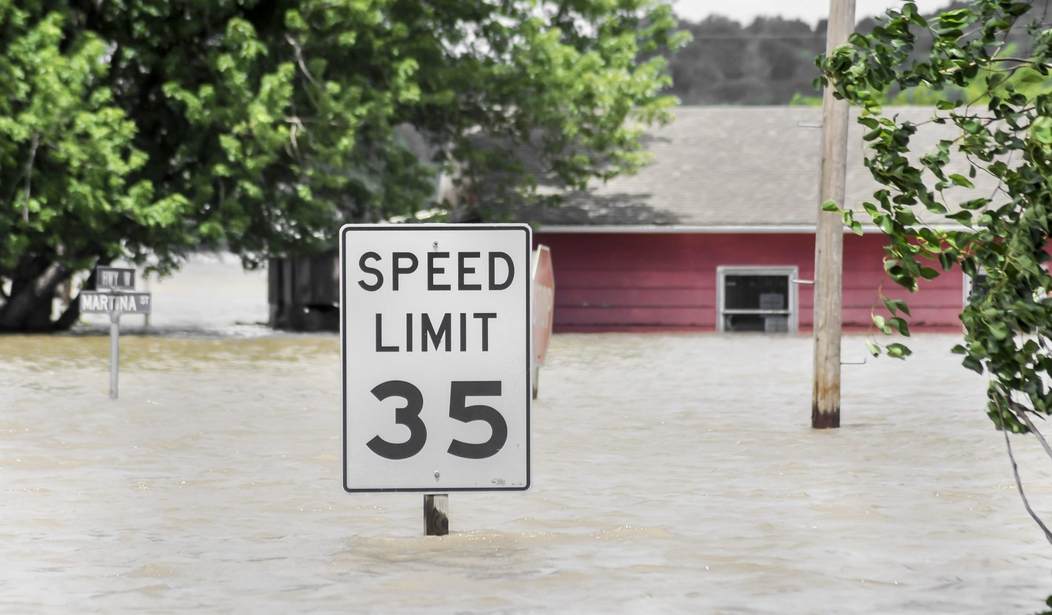WASHINGTON – Lawmakers are looking into a plan to expand the federal flood insurance program by permitting consumers who live in areas where coverage is required to purchase policies directly from private carriers.
The proposal, sponsored by Reps. Dennis Ross (R-Fla.) and Patrick Murphy ( R-Pa), is aimed at providing affected property owners with private sector alternatives to the 47-year-old National Flood Insurance Program (NFIP), thus reducing flood insurance premiums through greater competition. The plan has attracted support from several insurance groups.
Appearing before the House Subcommittee on Housing & Insurance, Steven Bradshaw, executive vice president of Standard Mortgage, testifying on behalf of the Mortgage Bankers Association, said expanding the program will result in “a stable, affordable, and sustainable flood insurance market.”
“A private market for flood insurance must be allowed and encouraged to develop,” Bradshaw said. “Increasing private sector involvement also could benefit consumers and other property owners by expanding available insurance options, lowering costs and increasing the number of at-risk properties that are insured.”
At one time flood insurance usually was part of a basic homeowner’s insurance policy. But beginning in the 1950s insurance companies discovered substantial financial losses were accruing as a result of flood claims and began selling policies separately.
By the 1960s, however, flood insurance became unprofitable and most agencies stopped offering policies altogether, leaving homeowners in flood plains in the position of having to pay for expenses related to flooding out of pocket.
The National Flood Insurance Program, administered by the Emergency Management Agency, was created in 1968 to provide flood insurance to policyholders across the country. Property owners can purchase flood insurance through the NFIP only if their communities participate in the program. In order to do that communities must agree to abide by provisions intended to mitigate flood risks. For example, participating communities must adopt building codes that require new structures built in floodplains to be protected against flooding or to be elevated above the 100-year floodplain.
Congress in 1973 passed the Flood Disaster Protection Act, which required property owners in high-risk flooding areas to purchase flood insurance. The law doesn’t require that coverage be provided by NFIP but over time it has discouraged private-sector participation in the market, thus funneling almost all of the risk through the program.
The NFIP was supposed to be self-supporting with operating expenses and claims to be paid through the premiums collected on policies. But the program currently is about $23 billion in debt. The General Accounting Office in 2003 determined that repetitive-loss properties cost about $200 million annually.
About 14 percent of the nation’s homeowners currently have flood insurance. The NFIP holds about 5.3 million policies providing over $1.3 trillion in coverage in almost 22,000 communities in 56 jurisdictions that participate in the program.
Bradshaw told lawmakers that NFIP “must be reformed.”
“The program as currently structured is simply not sustainable,” Bradshaw said. “The federal government cannot and should not bear the full burden of post-disaster recovery and building.”
The legislation offered by Ross and Murphy, the Flood Insurance Market Parity and Modernization Act, is intended to clarify that flood insurance offered by private carriers operating outside the auspices of the NFIP can satisfy the mandatory purchase requirement. It determines that flood insurance issued by an insurance company that is licensed, admitted, or otherwise approved to engage in the business of insurance in the state or jurisdiction in which the insured property is located is acceptable.
Teresa D. Miller, commissioner of the Pennsylvania Insurance Department, speaking on behalf of the National Association of Insurance Commissioners, told the subcommittee that her group supports the measure and encourages “greater growth in the private flood insurance market.”
“Facilitating the entry of additional carriers into the market will provide consumers with access to additional options for flood insurance products,” she said.
Bradshaw suggested that, in addition to lowering rates, expanded coverage options will lead some homeowners who don’t live in a flood plain and are not required to purchase flood insurance to acquire coverage anyway.
“Increased private sector involvement will also serve to shift some of the burden of post-disaster recovery and rebuilding from taxpayers to the private sector, thereby limiting the federal government’s exposure to flood loss. Nationwide availability of affordable flood insurance is important to expanding home ownership, protecting borrower equity, limiting investor exposure and building communities.”
The Ross-Murphy bill, Bradshaw said, “effectuates congressional intent to encourage the growth of a competitive and sustainable private flood insurance market. Over time, increased private sector involvement will expand available insurance options and lower costs to consumers, as well as reduce the federal government’s exposure to flood loss.”
The measure appears to have substantial support within the subcommittee. Rep. Blaine Luetkemeyer (R-Mo.), the panel chairman, said, Congress needs to “create a more robust private flood insurance marketplace and to find ways to lessen the risk to taxpayers.”
The program, Luetkemeyer said, must allow for “greater consumer choice so that in the future, we can lessen the amount of Americans who have to suffer from an inadequate system.”
“With flooding happening from coast to coast, and most recently devastating my home state of Missouri, it is now more important than ever to examine flood insurance and the current construct of the National Flood Insurance Program,” he said.









Join the conversation as a VIP Member